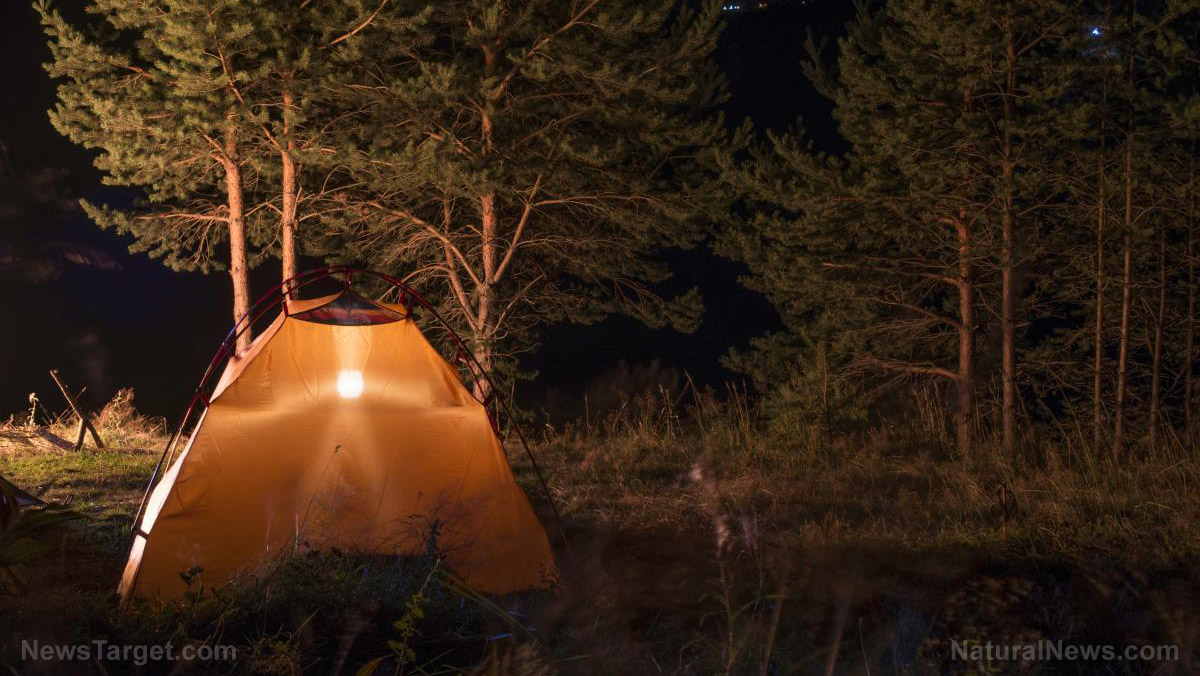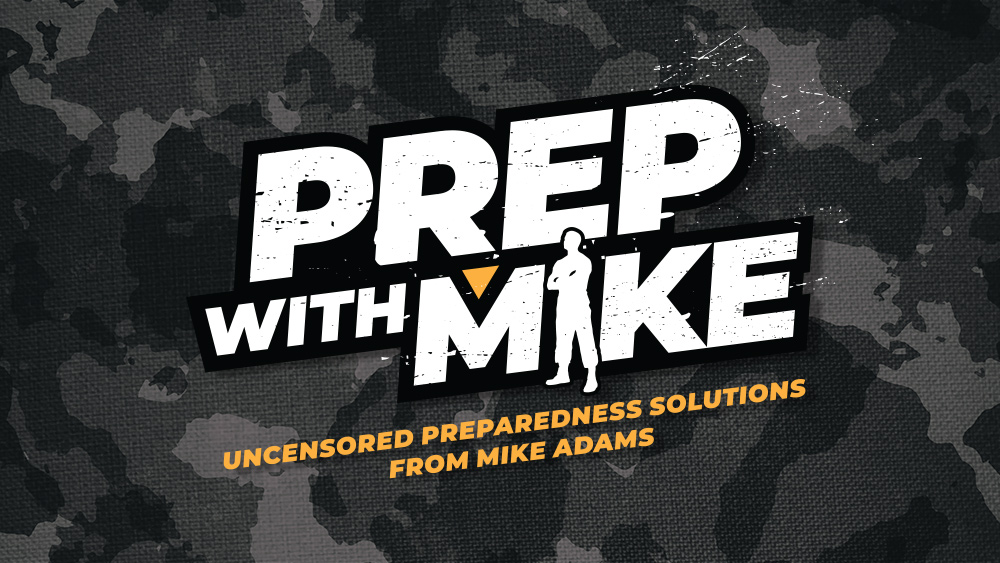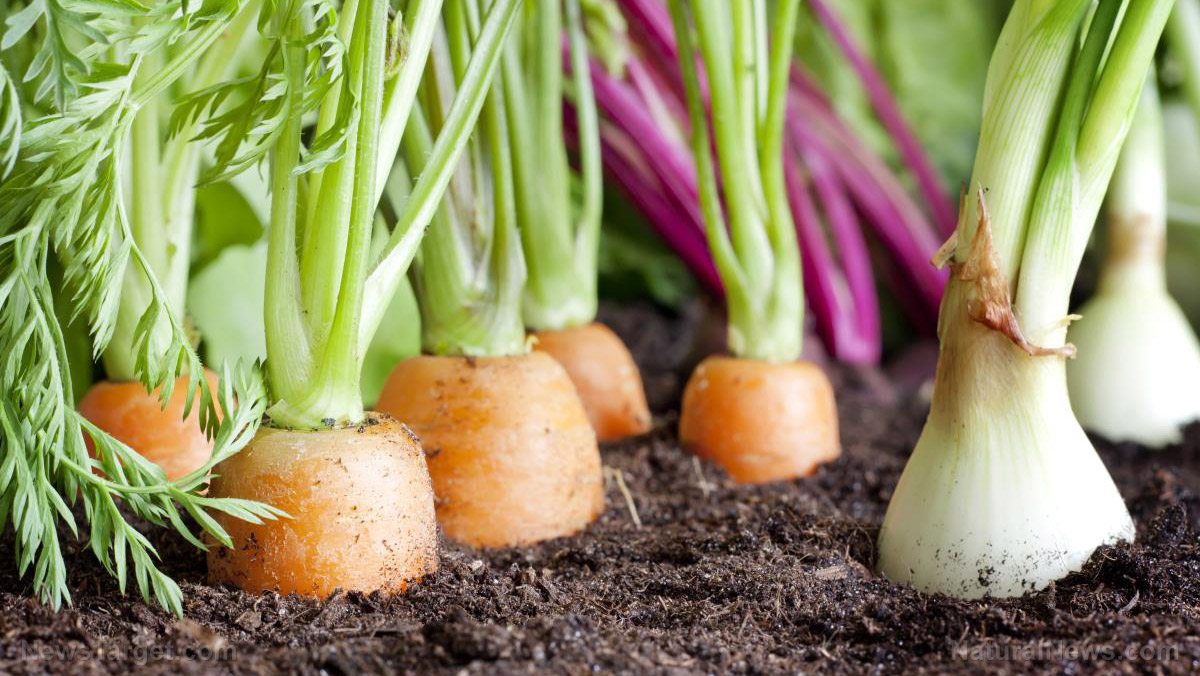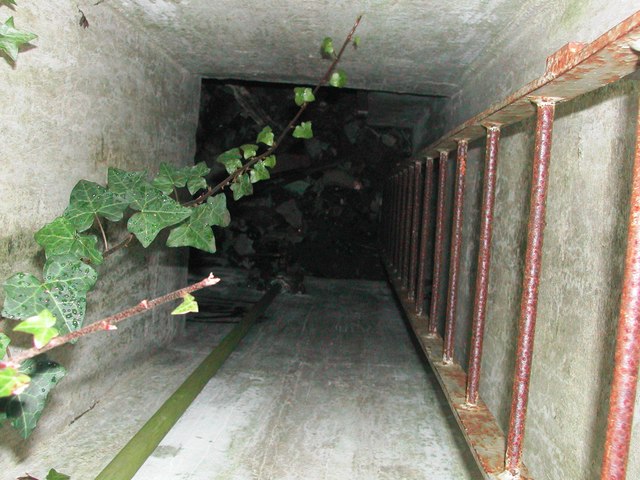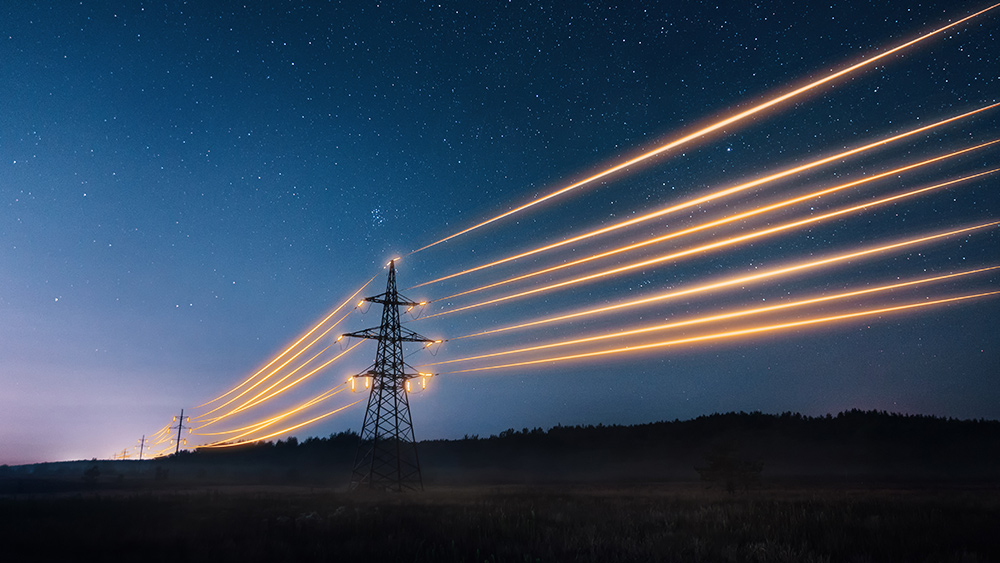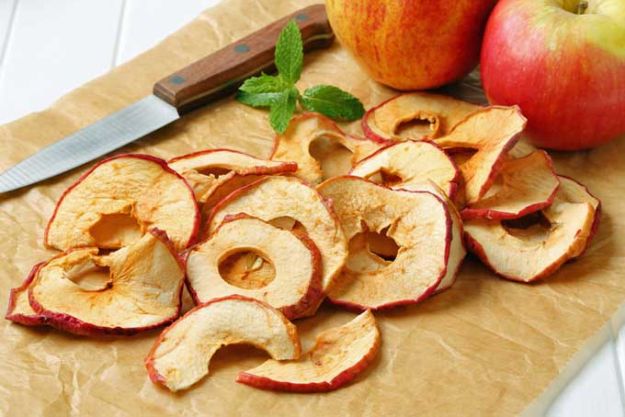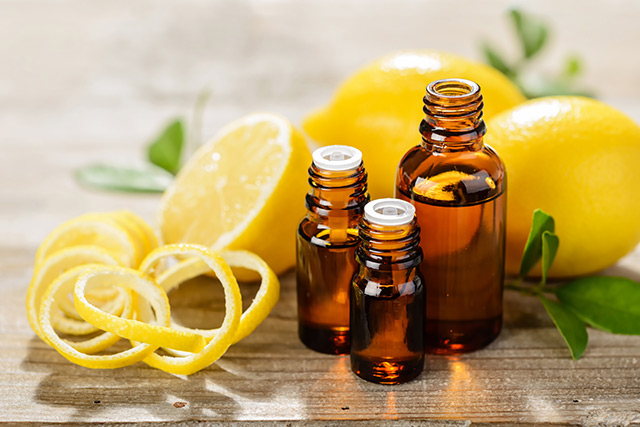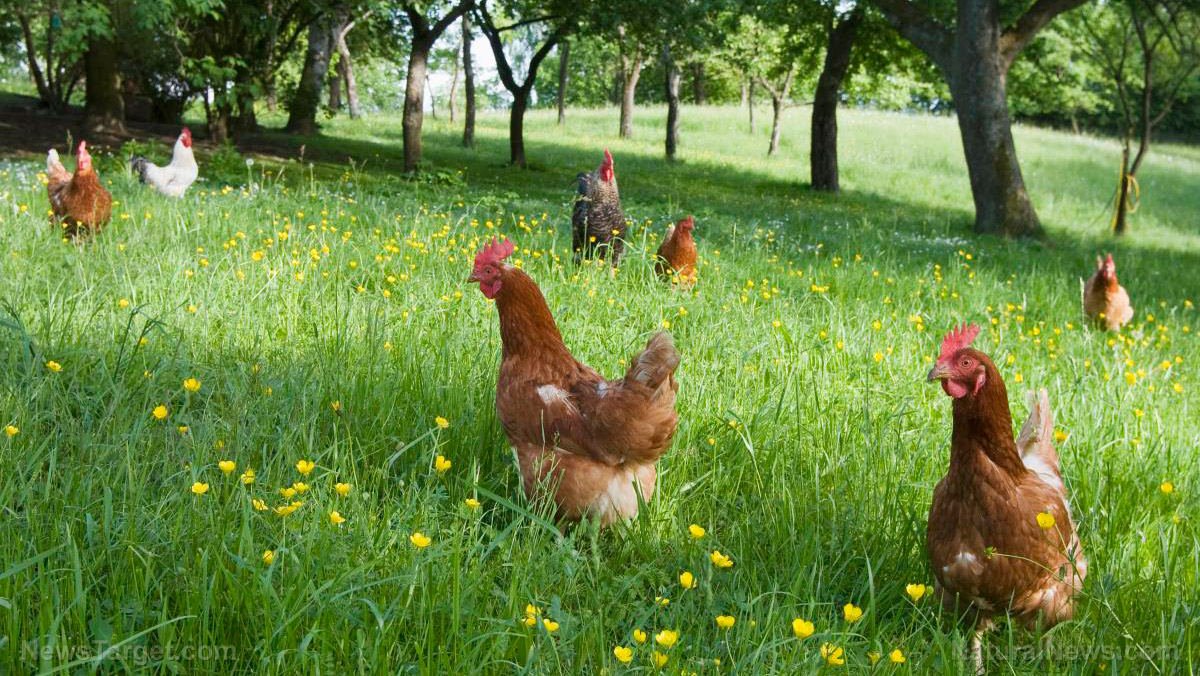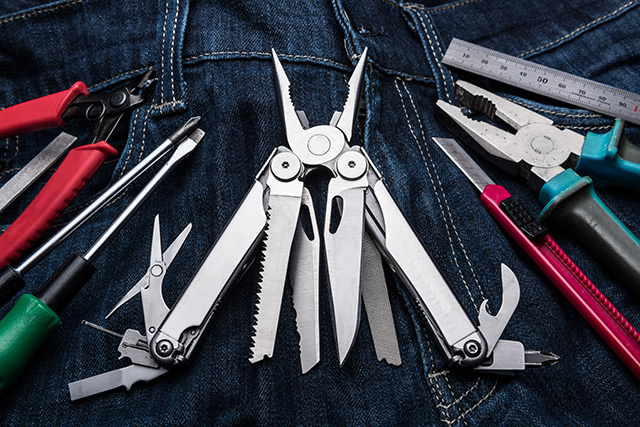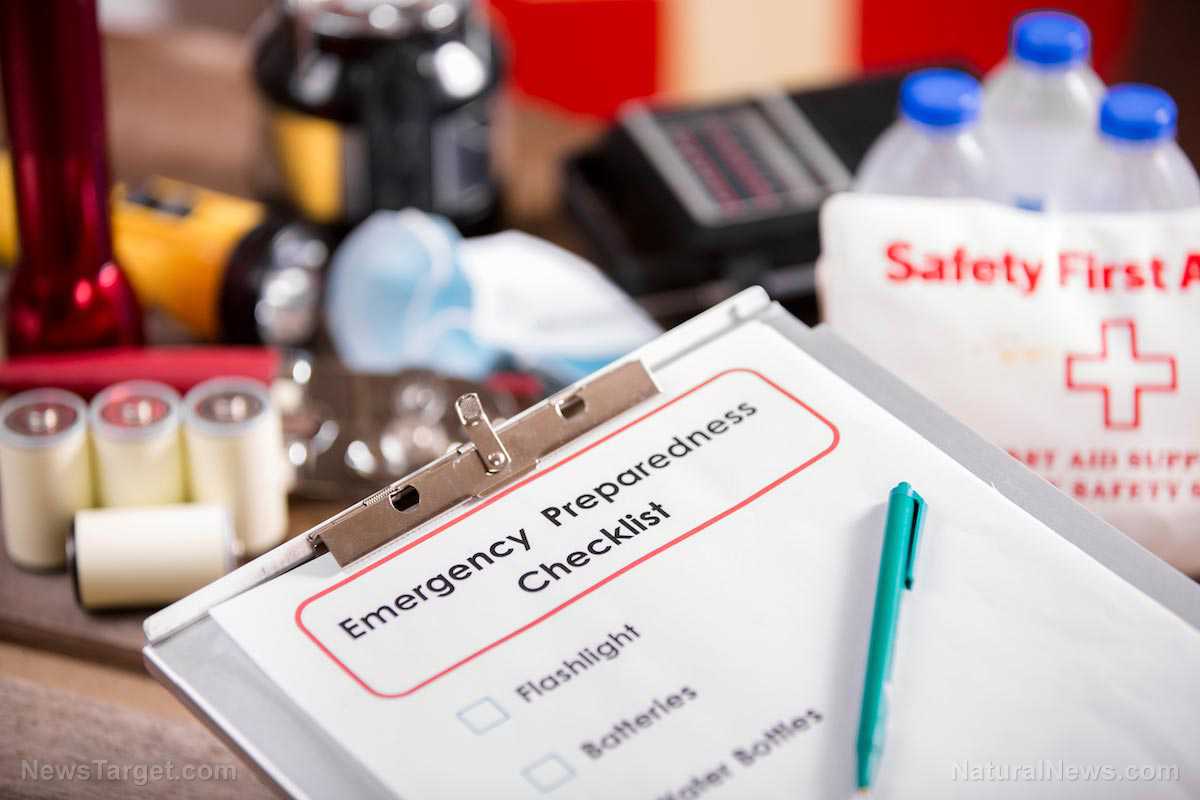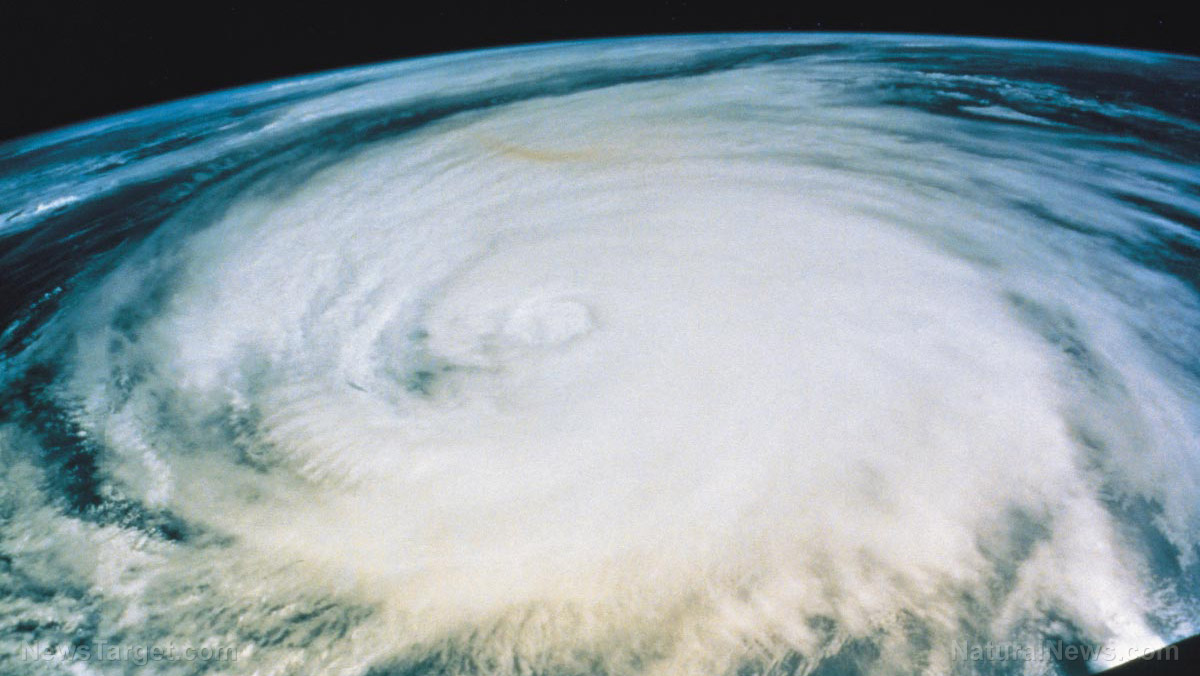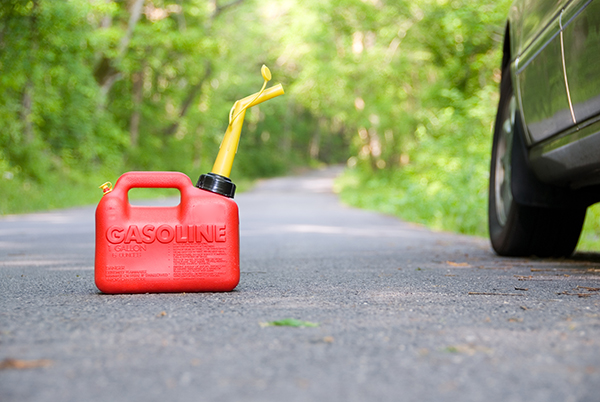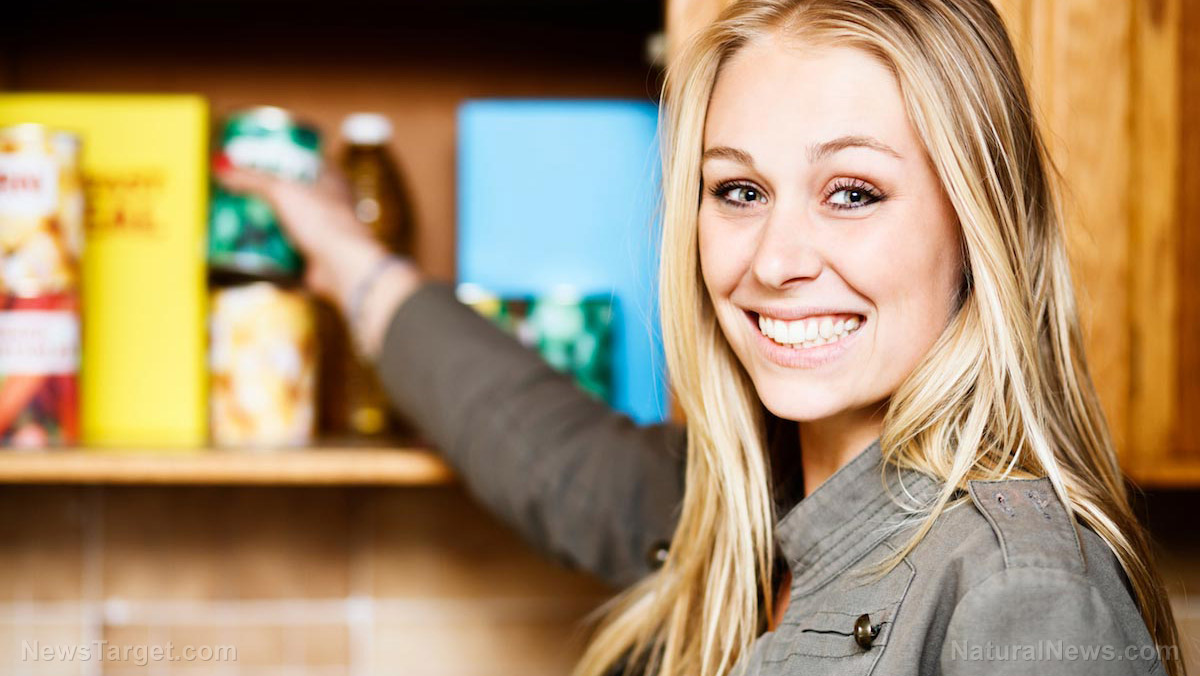6 Common homemade organic fertilizers for your home garden
10/12/2022 / By Zoey Sky
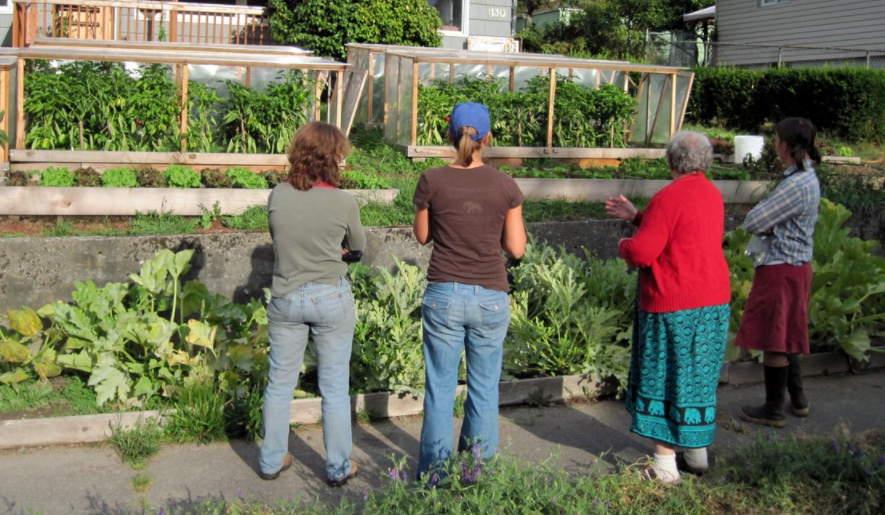
Many factors work together to ensure that your home garden produces healthy crops, but the three that are most limited in the natural environment are nitrogen, phosphorus and potassium. These three nutrients are collectively known as NPK.
Some gardeners are fine with using fertilizer from big box stores that contain at least 10 percent of each of those critical elements. But you can create organic fertilizer at home if you want to save some money.
The six garden amendments detailed below can be made with simple equipment and they’ll allow you to repurpose many items that you might consider waste products. (h/t to TheeMeatEater.com)
Animal manure
Animal manure is the most common homemade organic fertilizer.
You can use manure from chickens, cows and horses that are full of nitrogen, phosphorus and potassium, but their ammonia levels can be so high that they might “burn” your plants. (Related: Home gardening hacks: 7 Household items you can use as fertilizer.)
To avoid burning your plants or potentially spreading animal pathogens in your garden, you need to properly compost the manure in a hot compost pile. Once the compost has aged, you can spread it in your garden beds. Household animals like dogs and cats produce feces that are more likely to contain pathogens harmful to humans.
How long you compost fresh animal manure depends on the type of manure and the season.
To compost manure, add it manure slowly to your compost pile over several days or weeks. Allow plenty of air to circulate in the compost bin.
Add other organic matter like grass clippings and leaves to break up the manure and speed up the curing process. Turn the compost regularly when you add more manure.
Stop adding the manure two months before you plan to use it in your garden. The manure is well composted when it produces no heat and loses most of its bad odor when dry.
Blood meal
Blood meal is a high-quality amendment made from dehydrated animal blood. Blood meal contains some phosphorus and potassium, but it contains more nitrogen.
To make blood meal, collect a decent amount of animal blood while butchering or slaughtering animals in your homestead. Next, cook it down until it has the consistency of sludge.
Pour the blood meal sludge onto sheet pans or dehydrator trays and dry it down until it is desiccated and cracking. Finally, crush the desiccated blood meal into a powder and apply it to your garden beds.
Bone meal
Bone meal is another great garden amendment that you can make at home. Bone meal contains a lot of phosphorus, calcium and some nitrogen.
To make bone meal at home, pressure cook bones from wild game or farm-raised animals until you can completely remove all the meat or gristle. Dry the bones completely and pound them into a meal.
Try making bone meal after making broth to save time. Always rinse off any salt or oil that may have collected on the bones during the cooking process.
Fermented “plant juice”
Fermented “plant juice” is another organic fertilizer option for your home garden. When you ferment green weeds and spent garden plants, you can extract many valuable minerals and nutrients in a homemade quick-release fertilizer.
This process uses the natural lactobacillus bacteria present in plants combined with a ratio of one part plant material to 1/2 part sugar or honey and enough water to cover all the ingredients. Let the mixture ferment for one week, then dilute it and apply it directly to your crops.
Fish emulsion
Fish emulsion is a broad-spectrum fertilizer and it can help use up any scraps of fish that you have left over after dinner.
You can make fish emulsion by layering fish scraps and brown garden waste such as dead leaves or straw in a five-gallon bucket. Cover the ingredients with water.
Stir the fish mixture every few days for three weeks. When you’re done, use the liquid sludge at the bottom of the bucket. Dilute the sludge and apply it to your garden.
Note that fish emulsion may be a bit smelly, but it will help nurture the plants in your garden. Since heavy metals or toxins that are present in your fishery will make it through to your garden beds, only use scraps from fish that is free from toxins.
Human urine
This last option might not be for squeamish gardeners, but it’s worth considering if you’re gardening in a post-collapse world with no access to the materials for other kinds of fertilizers.
Human urine is an excellent fertilizer and many studies have found that it has performed well in trials against expensive conventional fertilizers.
If you’re not sure about this option, indirectly fertilize your garden with urine by adding it to your compost pile. Let the urine aid in the decomposition process and boost nutrient levels.
Many of the fertilizers above are derived from animals because animals and plants depend on each other to thrive.
Keep your home garden free from harmful chemicals by learning how to make organic fertilizers.
Watch the video below to learn how to make “liquid gold” DIY fertilizer.
This video is from The African Blogger channel on Brighteon.com.
More related stories:
Home gardening tips: A beginner’s guide to composting.
Top 6 organic fertilizers for your garden.
Soils are healthier when they are treated with organic fertilizer: Study.
Sources include:
Submit a correction >>
Tagged Under:
animal manure, bone meal, fish emulsion, gardening tips, green living, home gardening, homesteading, natural fertilizer, off grid, organic farming, preparedness, prepper, prepping, survival, tips
This article may contain statements that reflect the opinion of the author
RECENT NEWS & ARTICLES
COPYRIGHT © 2017 OFFGRID NEWS




